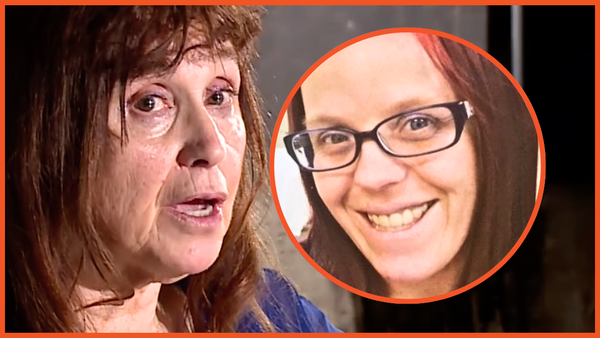
Fans of “The Office” (the American version) remember the famous scene where Michael Scott — whose grand schemes have led him to write a check that he literally can’t cash — yells, “I declare bankruptcy.” Of course, it doesn’t work like that. Yet that moment, along with many other stereotypes, persuaded many people that bankruptcy hits them like an avalanche. It’s pretty hard to miss it coming.
Check Out: 8 Smart Ways Frugal People Are Living Like There’s Already a Recession
Read Next: The New Retirement Problem Boomers Are Facing
However, Ashley Morgan, a debt and bankruptcy attorney and owner of Ashley F. Morgan Law, PC, said that some indicators that you could be on your way to declaring bankruptcy are subtler than you might think. GOBankingRates connected with Morgan to talk about the hidden signs that you’re at risk of bankruptcy.
You’re Only Paying Minimums
You’re doing what you can in a tight time. You’d rather pay the minimum amount on your bills and avoid collections. It happens, and if you’re only paying minimums in the short term, Morgan said that you’re probably doing what you need to get by during a brief, unfortunate moment. But if you’re still only paying minimums for six months or longer, you might be in a position to consider bankruptcy.
“It is a big red flag if you are paying minimums on your cards and then turning around and using that available credit to make ends meet,” she said. “If your budget is so tight you are not paying down your debt even a bit each month, you need something to change.”
Check Out: 8 Frugal Habits Americans Are Ridiculed for — and Why You Shouldn’t Care
You’ve Been Hit With a Major Life Event
None of us are immune from truly catastrophic life events, like going through a job loss or divorce. To add insult to injury, these moments that already make you want to hide in bed all day can leave you in a financially vulnerable position — including future bankruptcy.
“With job loss, especially unexpected job loss, [comes] a reduced income, [which] can shock someone’s budget if you do not have a stable emergency fund or find another job quickly,” Morgan said.
The best offense against a hard time is truly a good defense, and your first line of defense should be a well-stocked emergency fund kept in a high-yield savings account. Having an emergency fund in place can protect you from being financially blindsided while you’re already dealing with a painful situation, like divorce.
“Similarly, a divorce is often financially detrimental. Divorce can be expensive since it often involves dividing assets and legal fees,” she said. “Additionally, divorcing typically will result in the same income now being divided by two households. As a result, many people consider bankruptcy after a divorce.”
All the more reason to do as much as you can to protect yourself now, by having your own emergency fund.
You’re Dealing With Other Legal Matters
As an attorney who’s helped thousands of people deal with debt and credit issues, while also filing over 1,000 bankruptcy cases, Morgan knows that being mired in other legal matters can also potentially lead to bankruptcy. If you’re being sued, she thinks you should at least speak to someone knowledgeable about bankruptcy.
Other unfortunate situations, like having your pay garnished, facing a repossession or even a foreclosure are more overt signs that you could be headed for bankruptcy.
“When [people are] facing these more extreme legal issues, bankruptcy tends to be the best way to manage their debts,” Morgan said.
You’re Overdue a Look at Your Debts
Getting behind on your bills can be absolutely terrifying, with those email notifications or envelopes from your creditors seeming to foretell your doom. People can get stuck in debt for a variety of reasons beyond their control — and shaming yourself into sticking your head in the sand won’t help you.
Morgan wants you to really assess where you are in terms of your debt. If you’re not able to reasonably pay it off in roughly three years, it may be time to meet with a bankruptcy attorney.
“If you are going to be struggling paying debt for longer, then bankruptcy may be something to consider,” she said.
More From GOBankingRates
- 3 Luxury SUVs That Will Have Massive Price Drops in Summer 2025
- Proven Ways Small Business Owners Are Protecting What They've Built
- 7 Tax Loopholes the Rich Use To Pay Less and Build More Wealth
- 10 Genius Things Warren Buffett Says To Do With Your Money
This article originally appeared on GOBankingRates.com: I’m a Bankruptcy Lawyer: 4 Hidden Signs You’re On Your Way to Bankruptcy







